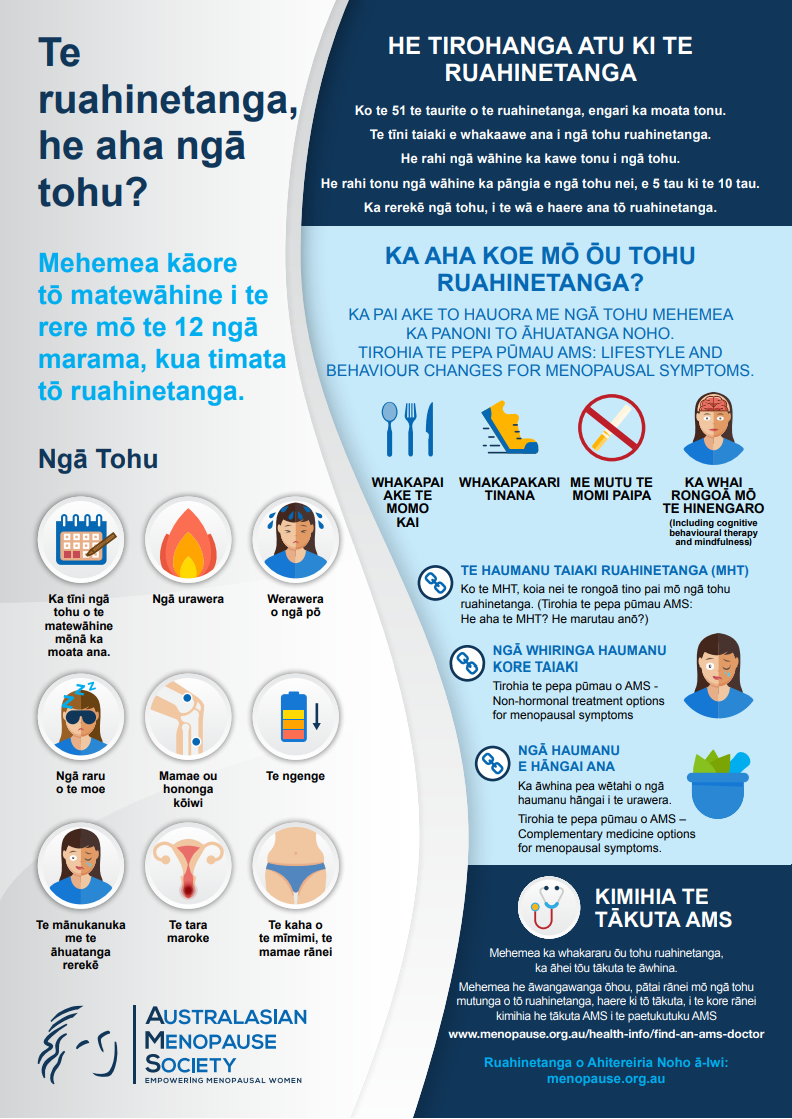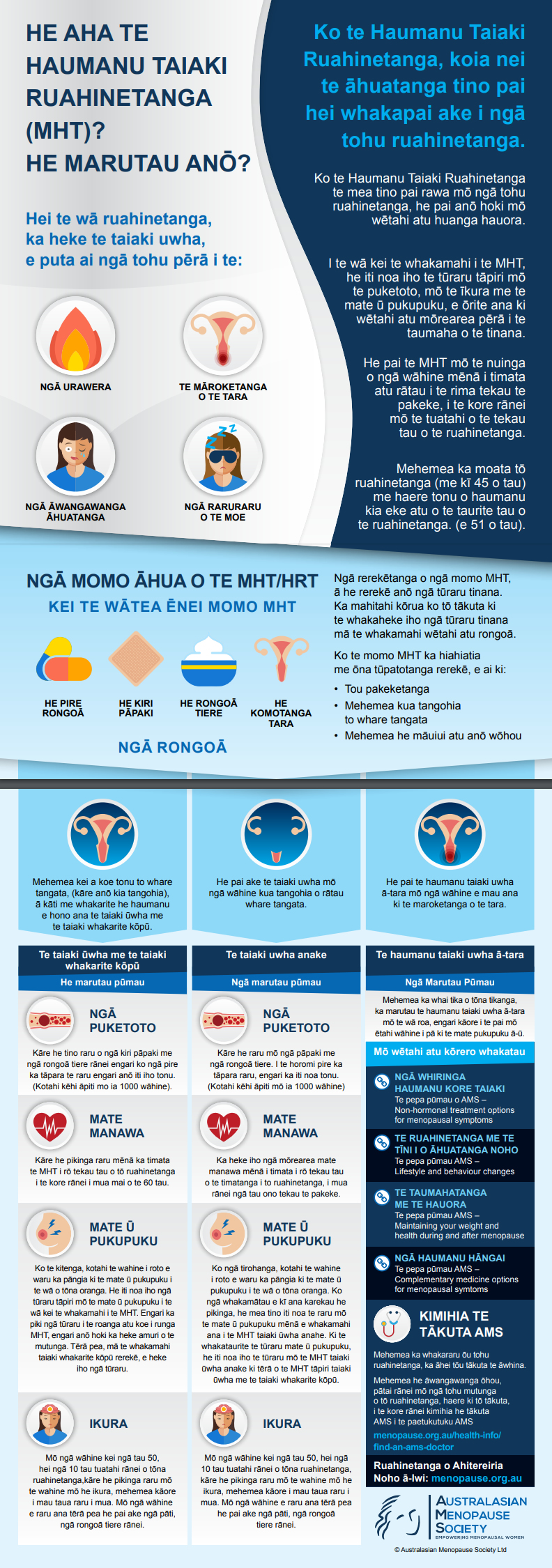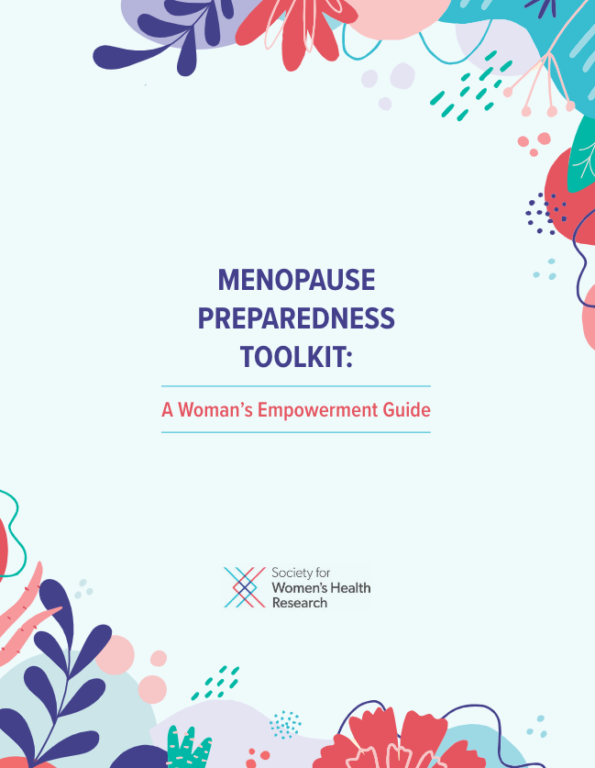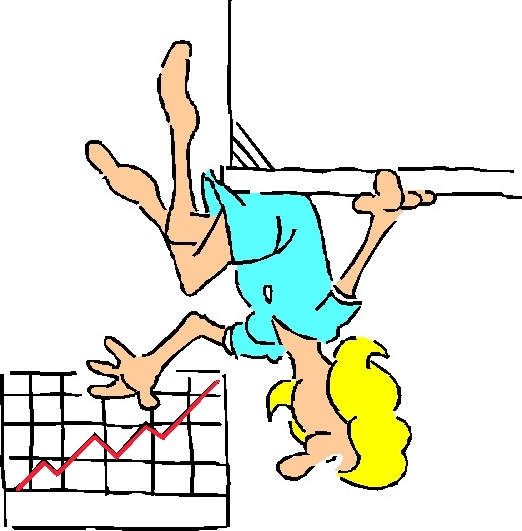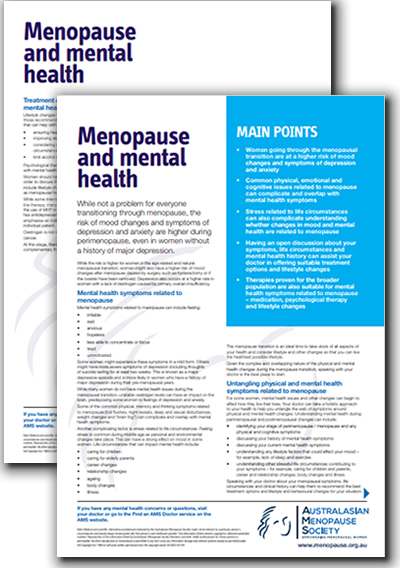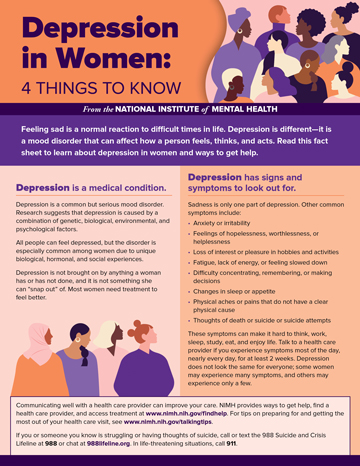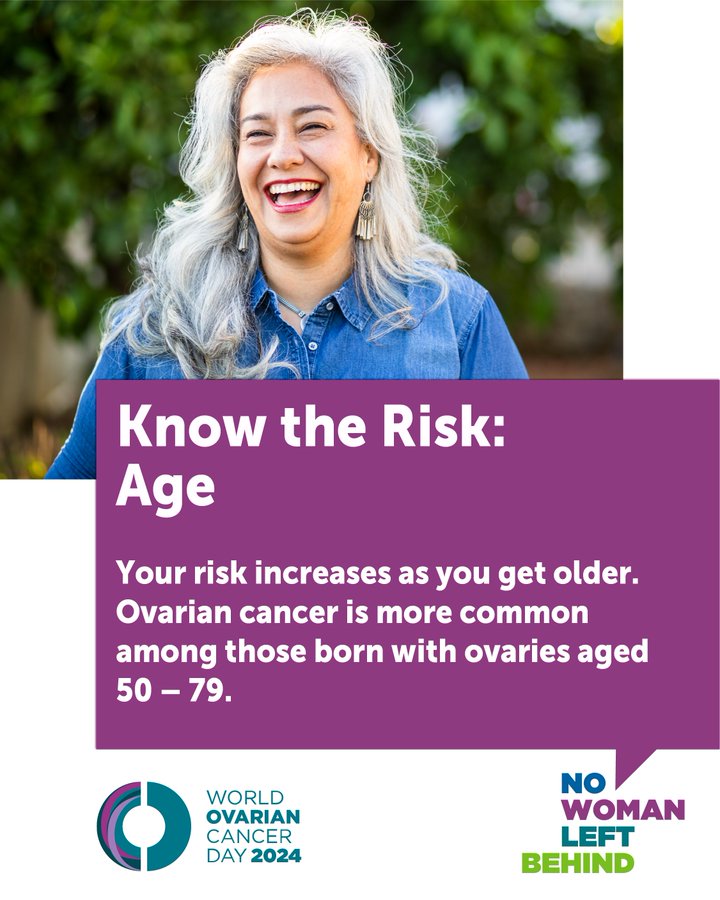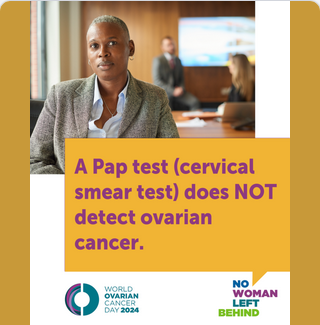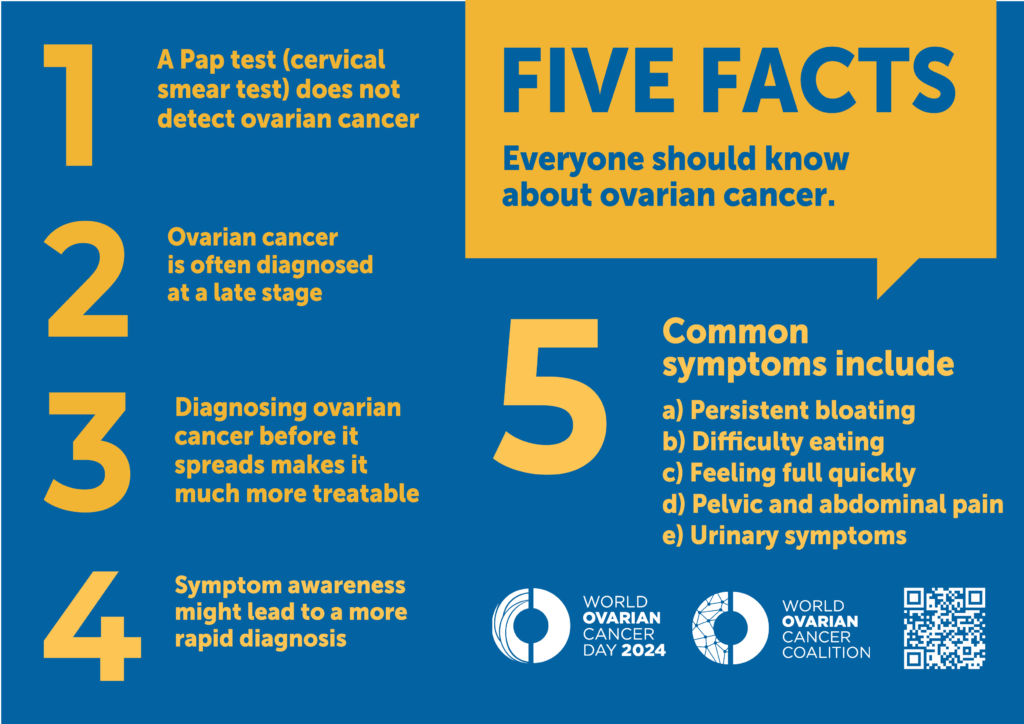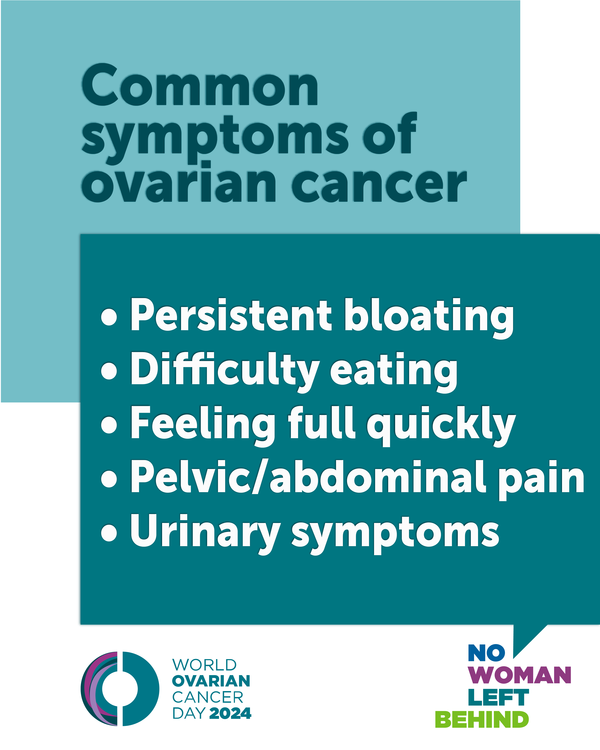“‘Early menopause’ is when the final menstrual period occurs between 40 and 45 years”. Some women share their stories about how early menopause affected them.
Early Menopause and Premature Menopause
Is early menopause the same as premature menopause?

In Later Years (Around 50 Years and Over): Menopause and Post Menopause Health – Early and Premature Menopause the (Scottish) NHS Inform explain:
Support After Early Menopause Your Stories
What is the (Australian) Jean Hailes for Women’s Health (JH) ‘Your Stories’?
In Support After Early Menopause Your Stories the (Australian) JH elaborate on:
Natalie, Melbourne, Victoria
Only hours after she was told she would have to undergo a hysterectomy and forego all hope of ever getting pregnant, Natalie headed off to her friend’s baby shower.
She and her husband had been trying for 18 months to have a baby. The endometriosis that Natalie had been trying to manage since her teens derailed their dream and the subsequent hysterectomy sent her into early menopause in her early 40s…”.
Early Menopause: Women’s Experiences
What is Early Menopause: Women’s Experiences?
In Early Menopause: Women’s Experiences – Overview, Healthtalk Australia elaborate on:
 “On this unique site you can read, watch and listen to stories of 30 women aged between 28 and 51 years, from diverse socio-cultural backgrounds living in Victoria, Australia, who have shared what it is like to experience early menopause (EM).
“On this unique site you can read, watch and listen to stories of 30 women aged between 28 and 51 years, from diverse socio-cultural backgrounds living in Victoria, Australia, who have shared what it is like to experience early menopause (EM).
Women talked about being diagnosed with spontaneous early menopause, premature ovarian insufficiency (POI), medically-induced early menopause, or menopausal symptoms as a result of cancer and/or other medical treatments”.
Early Menopause Video Stories
Where may I find Early Menopause Video Stories?
Your Country may have Links similar to:
Early Menopause Videos
Where may I find early menopause videos?
Your Country may have Links similar to:
Health Care Provider
What if I think I have early menopause?
If you think you have early menopause, it may be in your best interest to choose to talk to your health care provider about this. Together you can discuss your options and if required, agree on who may be the most appropriate health care provider to help you.
Health Topics A-Z
Where may I find Health Topics related to Early Menopause Stories?
In Health Topics A-Z you may find:
Links
Where may I find Links related to Early Menopause Stories?
Your Country may have Links similar to:
Links
This Links List to third party websites is neither comprehensive nor exhaustive. Inclusion on this Links List does not imply endorsement or recommendation. Non-inclusion on this Links List does not imply non-endorsement or non-recommendation. Third party websites are not under the control of Meno Martha International Menopause Directory. Third party websites may contain explicit medical images and/or sexual references. Please read Meno Martha International Menopause Directory’s Links Policy before proceeding to a Link. Please contact Webmaster if you experience a problem with a Link.- Askearlymenopause.org [Ask EM] [+ Video: What Is Early Menopause?]
- BMS TV: Premature Ovarian Insufficiency (POI)
- Daisy Network [United Kingdom]
- Early Menopause
- Early Menopause – Chemotherapy and Radiation Therapy
- Early Menopause: Women’s Experiences
- Early Menopause: Women’s Experiences – Resources and Information: Quick Links – 1. Question Prompt List
- Early Menopause: Women’s Experiences – Women’s Profiles
- Early and Premature Menopause [Video]
- Early or Premature Menopause
- Earlymenopause.org.nz [New Zealand Early Menopause Support Group]
- Find A Menopause Practitioner [United States and Other]
- Find An AMS Doctor [Australasian Menopause Society i.e. Australia and New Zealand]
- Find Your Nearest BMS Menopause Specialist [British Menopause Society]
- Later Years (Around 50 Years and Over): Menopause and Post Menopause Health – Early and Premature Menopause [Other Languages and Formats]
- Menopause Mindfulness: Understanding the Many Paths To Menopause
- Premature and Early Menopause
- Support After Early Menopause [+ Video]
- Tips To Help Manage Menopause Symptoms
- Video Series-2023: Premature and Early Menopause
- Video Series-2024: Preparing for Your Menopause Health Care Visit
- Videos & Women’s Stories


